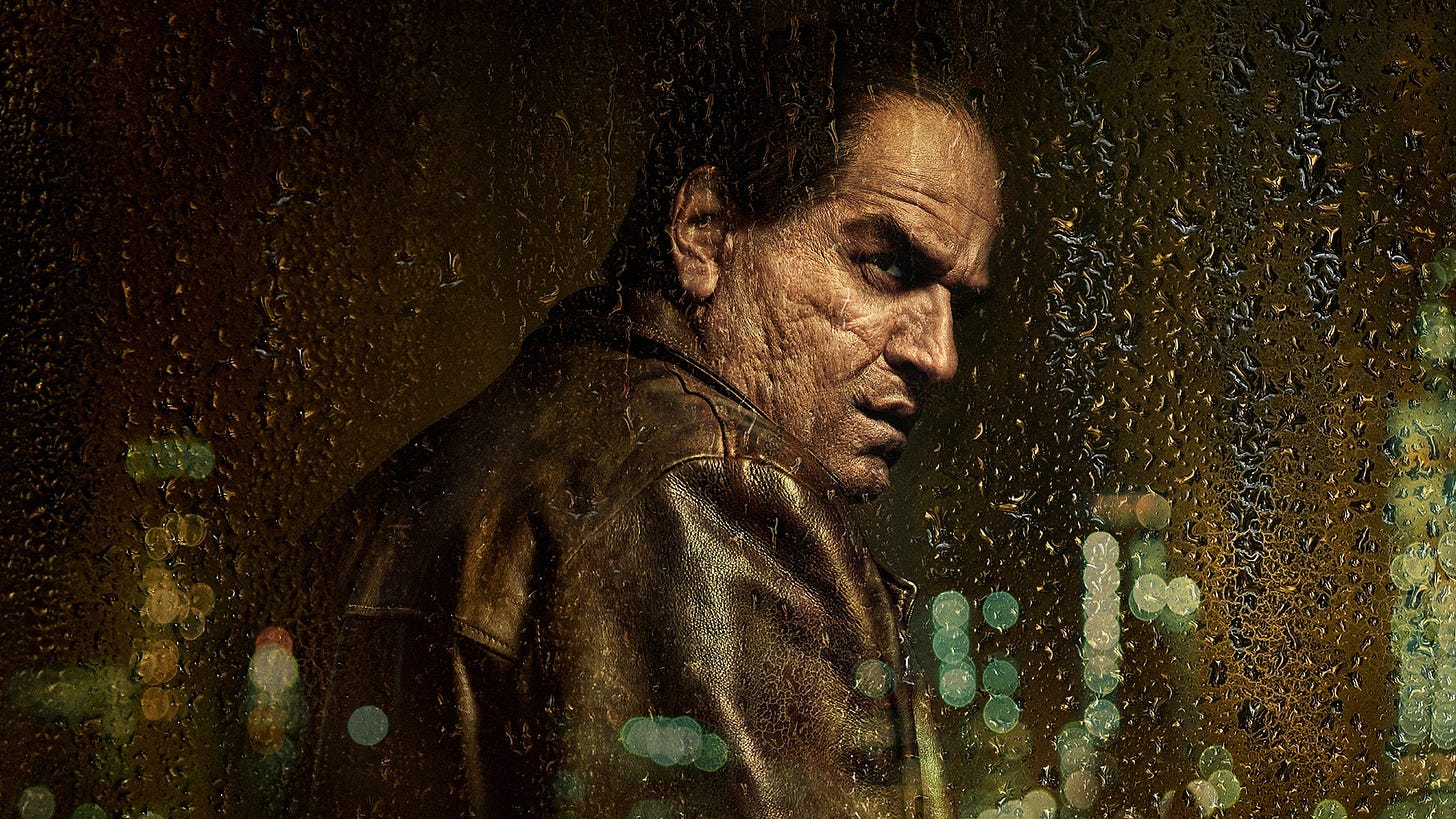I recently watched a few episodes of the new HBO hit The Penguin. It’s certainly an improvement on the sludge the entertainment industry has been feeding us for years. The plots are tight, the world compelling, though bleak, and Colin Farrell delivers an outstanding performance under layers of make-up that appear to be as thick as a mattress. Fundamentally, though, The Penguin is yet another sojourn into the grubby realm of the amoral, nihilistic, and murderous central character that dominates modern media. The series is a spin-off from the 2022 film The Batman (my review here). Inevitably, the film is also “morally grey”. the titular character’s motives and moral code are relentlessly questioned and undermined.
This is just media now and has been for years — there are no straightforward good guys because the world is morally complex; it’s grey and Machiavellian. A character like Penguin excites us more because he’s ruthless and without empathy or pity than because we enjoy his company. He’s deformed and ugly. He has what can only be called an ‘‘anti-charisma’’. He’s hated by pretty much everyone except his mother, but he’s at peace with it all because he is willing to cross lines and boundaries others are not.
The Penguin, then, is Daniel Plainview, Tywin Lannister (or almost anyone from Game of Thrones), Walter Whyte, Tony Soprano, or Emperor Palpatine. It is a curious wrinkle of our current age that such characters occupy the modern mind as John Wayne, Christopher Reeve’s Superman, or Steve McQueen once did. It could be argued that James Bond was sometimes morally dubious, but it was never in doubt that he was on the side of good in the end. What typifies the modern anti-hero archetype is that they’re willing to perform evil acts out of pure self-interest. Good guys lose; honest men are idealistic cucks. Only the ruthless succeed. Even when hemmed in on all sides and holding a losing hand, through sheer brutality and will, they achieve the initially desired outcome, with no thought paid to collateral damage or the hurt and pain inflicted on the innocent.
Keep reading with a 7-day free trial
Subscribe to Morgoth’s Review to keep reading this post and get 7 days of free access to the full post archives.



